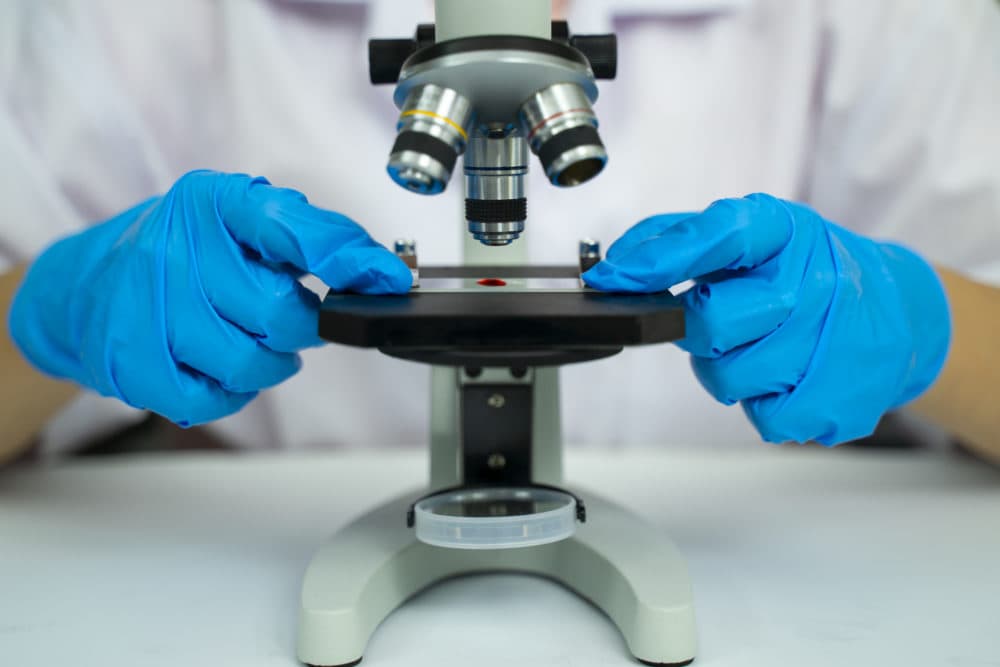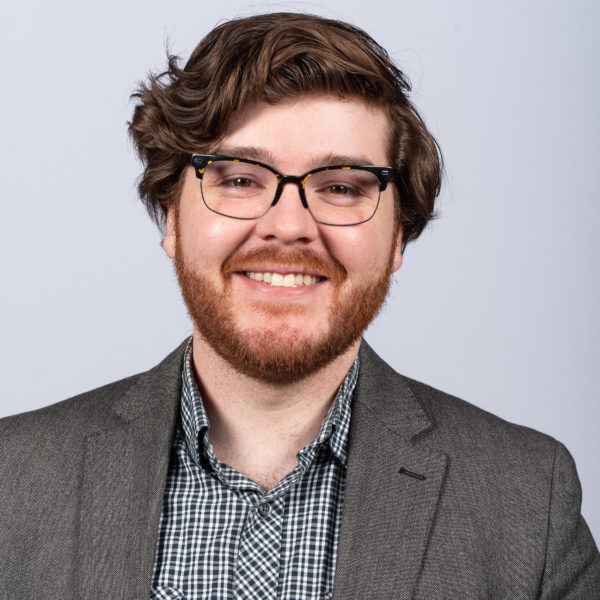Advertisement
Science, Politics, And The Coronavirus: 'A Tragedy of Denial'
Resume
The coronavirus crisis has exposed and exacerbated some fault lines in civic life, including the tension between science and politics. The goals and methods of scientists with expertise in public health and medicine don't necessarily match the typical aims of politicians.
WBUR's Sharon Brody spoke with Naomi Oreskes, a Harvard professor of the history of science, to help explore the historical context of this conflict.
Interview Highlights
On the conflict between science and politics in relation to COVID-19:
"What we've seen in the last few weeks and months is, as you said, a fault line that already existed for the last 40 years or so in the United States. We've seen the growth of what my colleagues and I call 'implicatory denial' — people who reject scientific evidence, not because there's anything wrong with the science, but because they don't like its implications. And the place we've seen this most clearly, and the reason why it lines up with partisan politics, is because a lot of scientific evidence in the area of environmental science and public health points to the need for government interventions to address the problem. This clashes with the conservative ideology of personal responsibility and limited government."
On gaps in history knowledge and reactions to the pandemic:
"I think that many of us — because we've forgotten what it was like to live in a world of infectious diseases — we're kind of complacent. We think that we've solved a lot of problems, that we can manage the world, that we can control nature. And I think what this reminds of is that we actually really cannot."
On what future scholars of the history of science will be teaching about the coronavirus:
"I think that if future historians look back on this period, what they will see is a tragedy of denial. Everything we needed to do to have lowered the infection rate on coronavirus ... we had this technology. There's nothing fancy about face masks, right? And even ventilators — OK, they're expensive — but ... that technology existed. But we didn't use it, or we didn't use it as effectively as we could have because we weren't willing to be honest about what we were facing..."
"There's no business case for stockpiling a billion face masks. But there is a scientific and public health case. We didn't listen to that scientific and public health case because we were so enthralled in this notion that the market would solve all our problems. And I think that's the big thing that historians will look back on and see as this sort of colossal error that ended up being very, very costly."
This segment aired on May 3, 2020.

